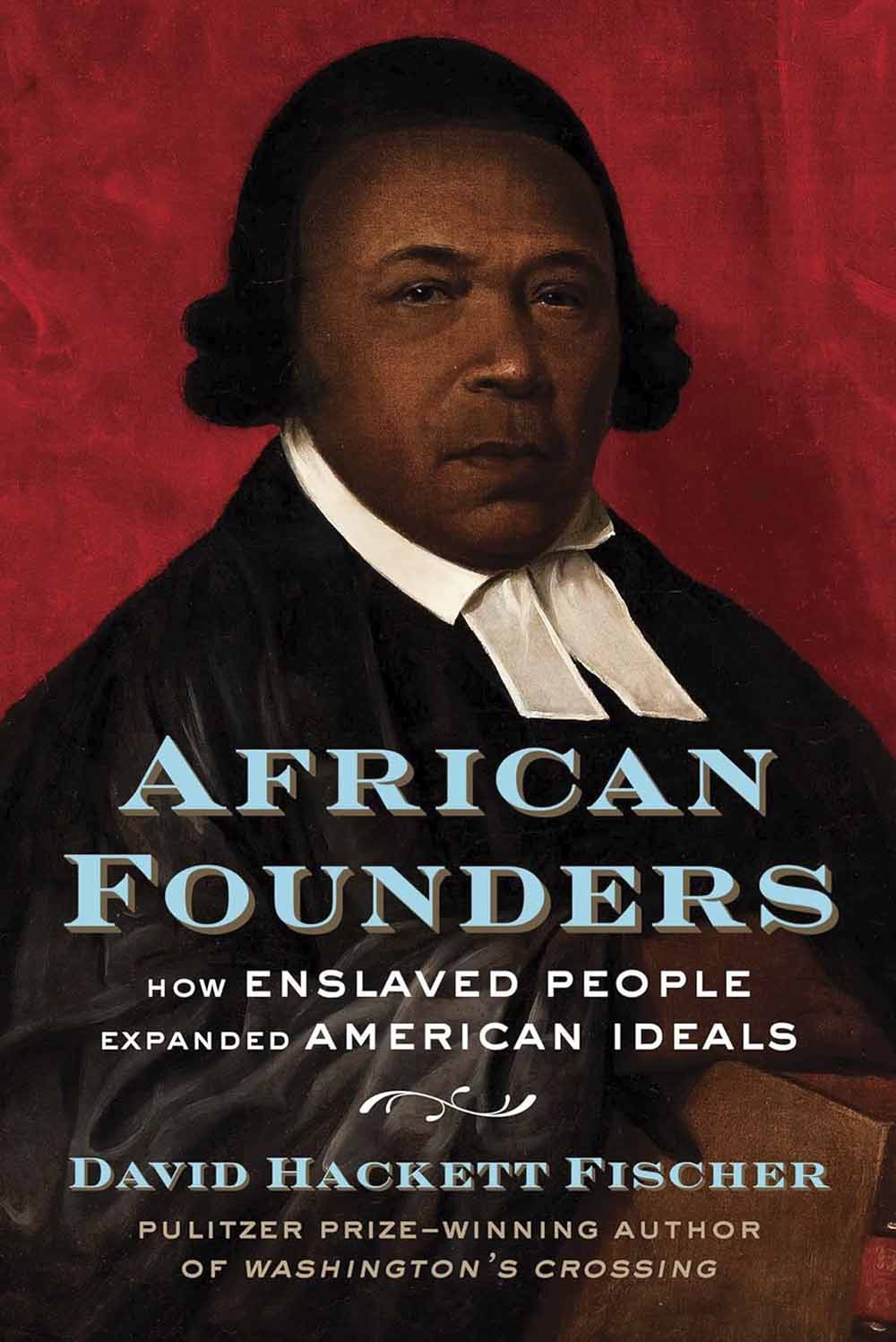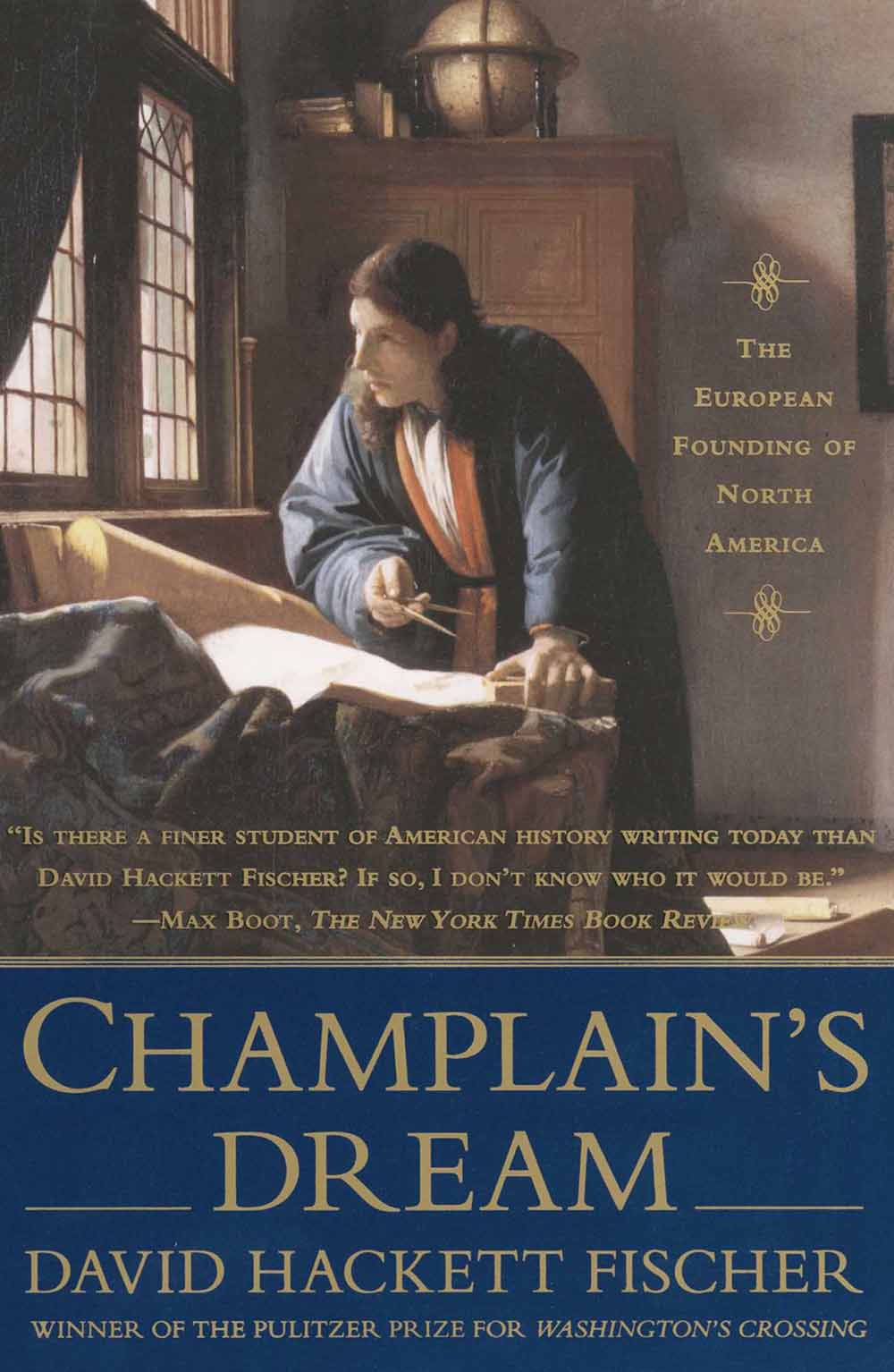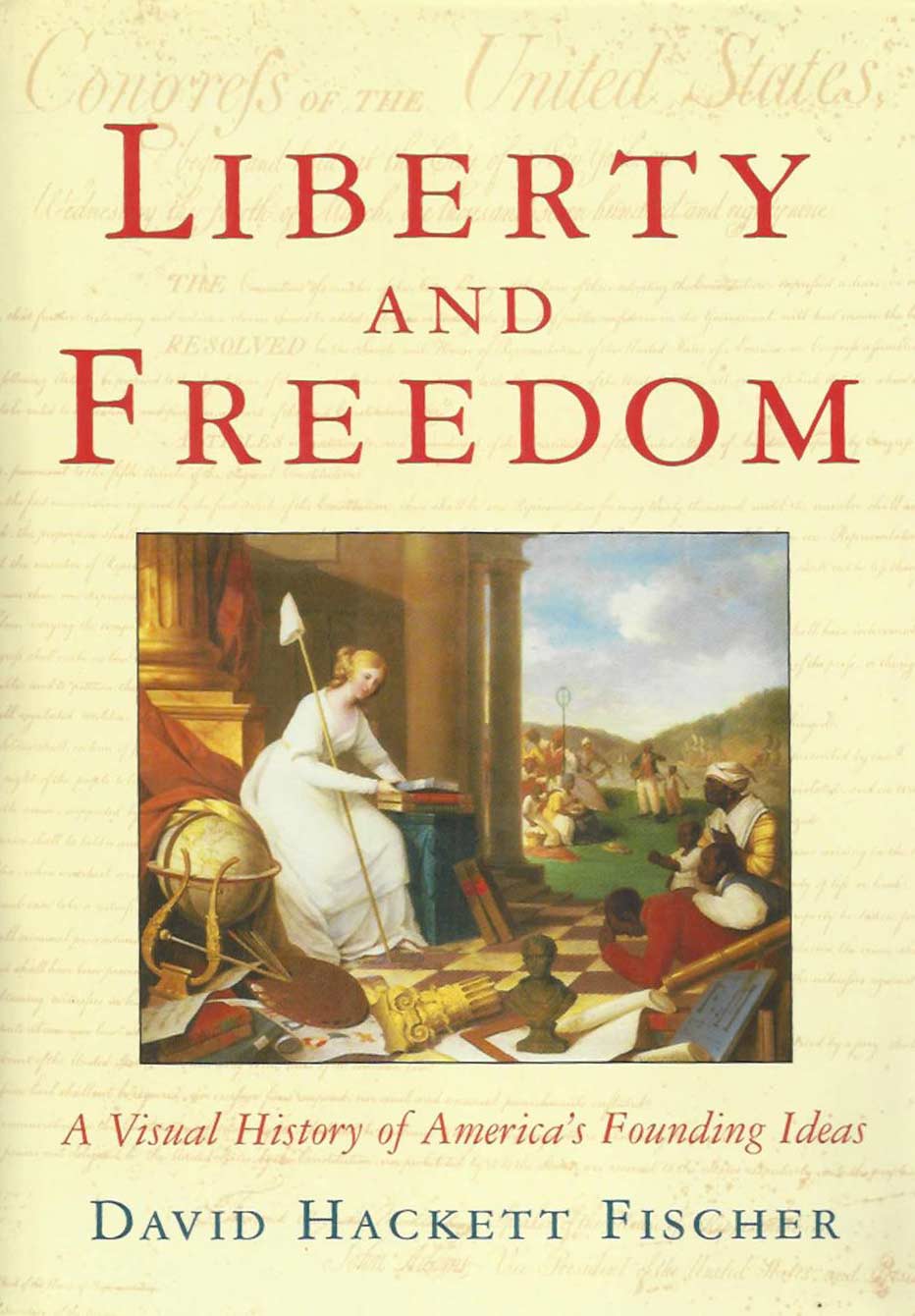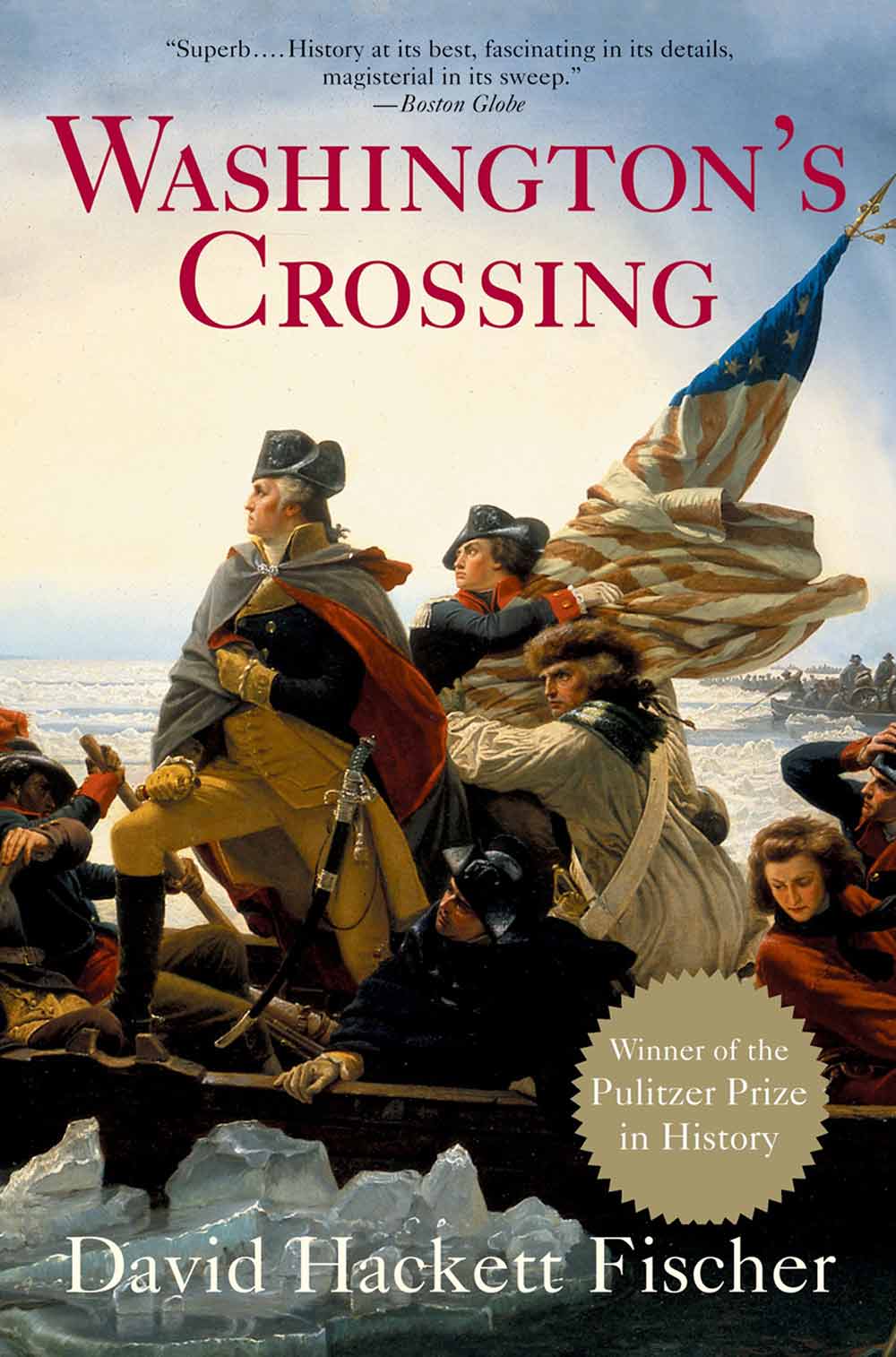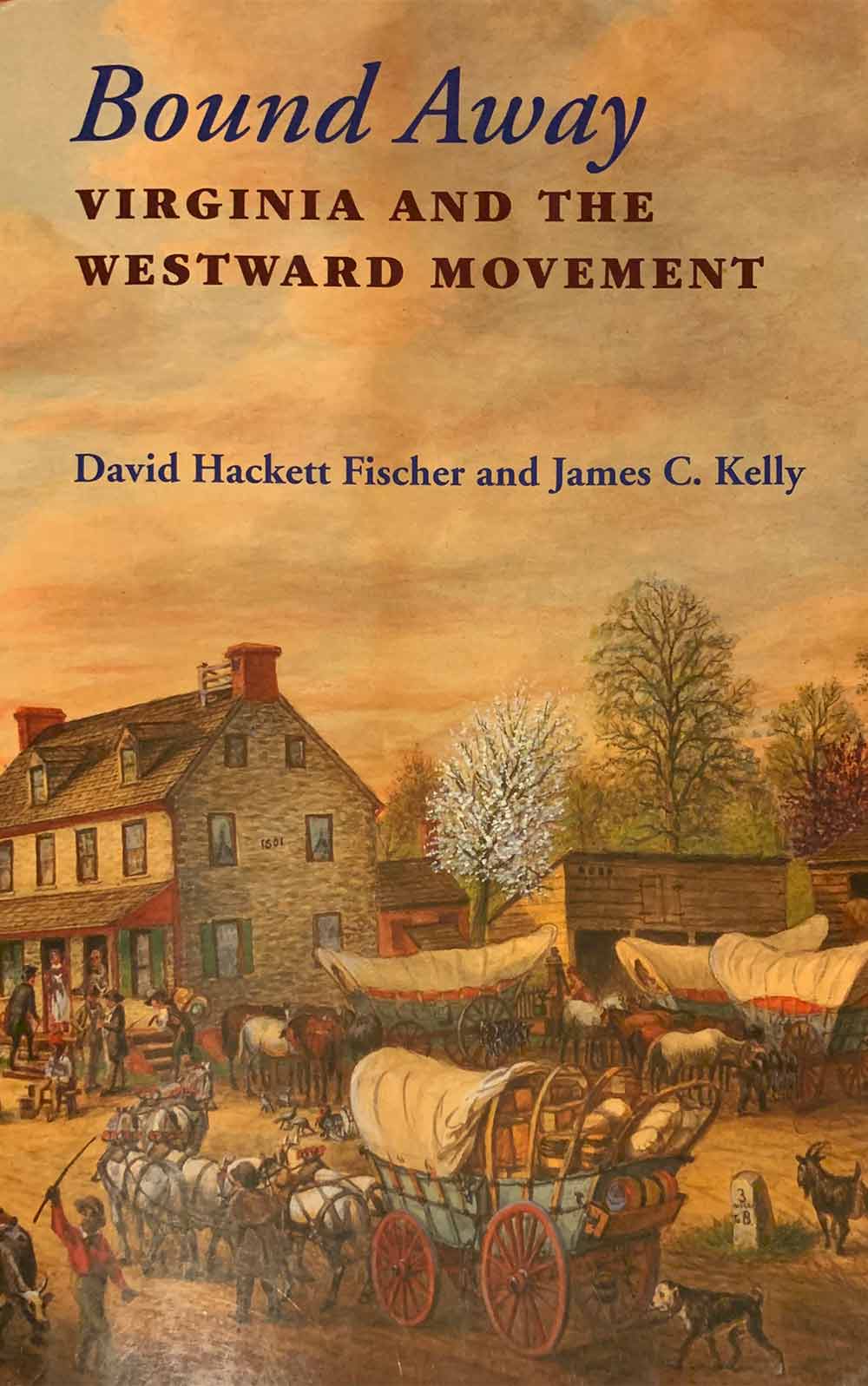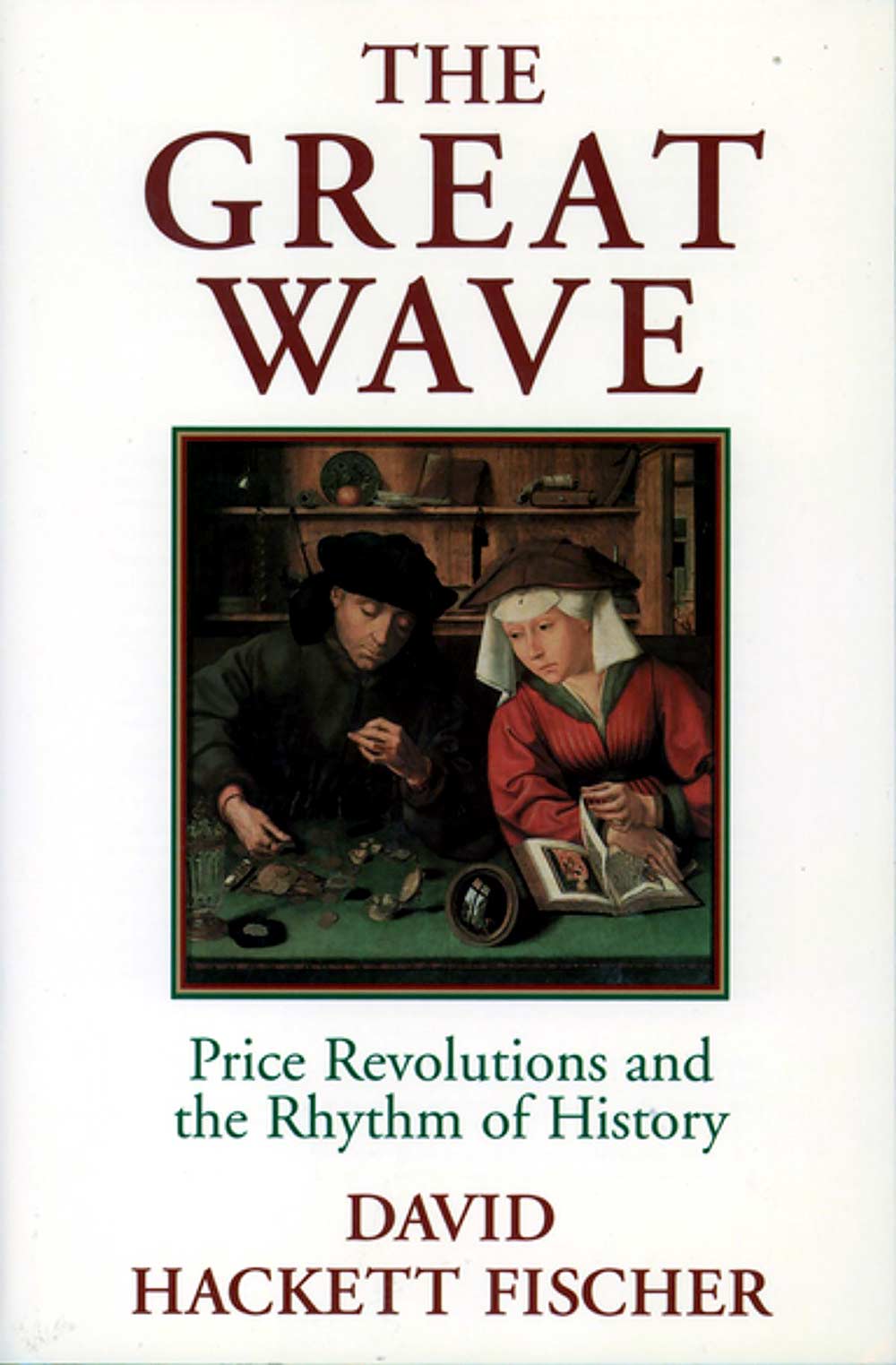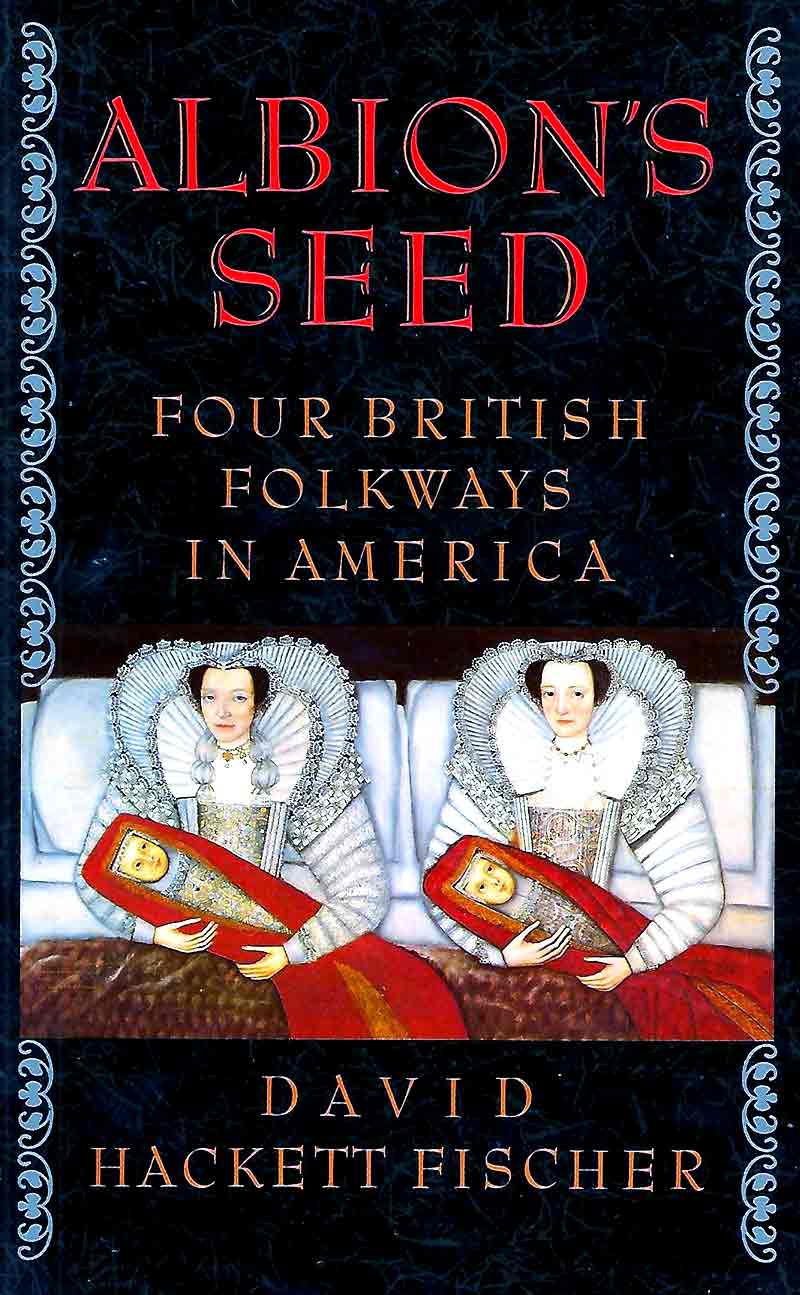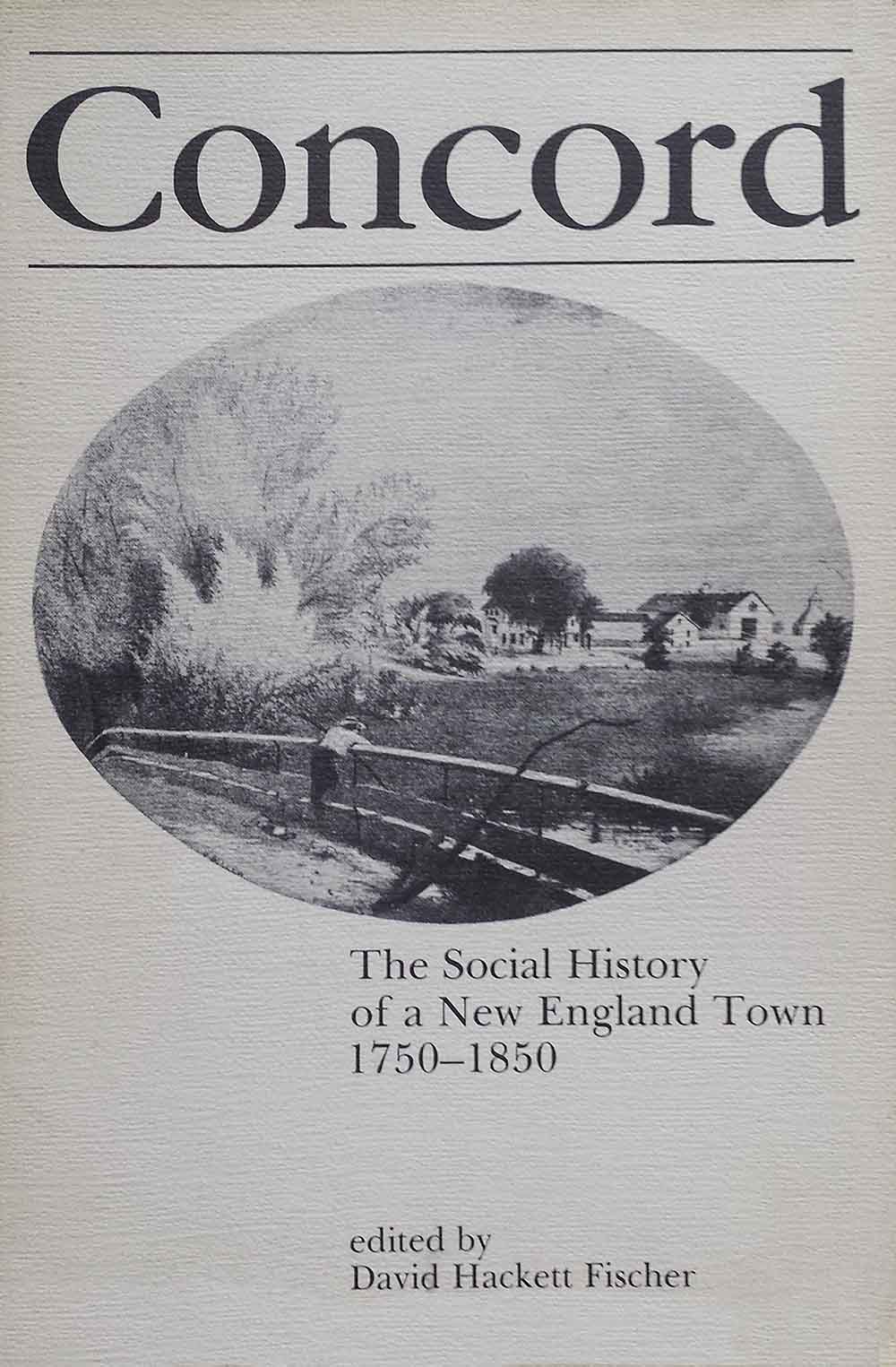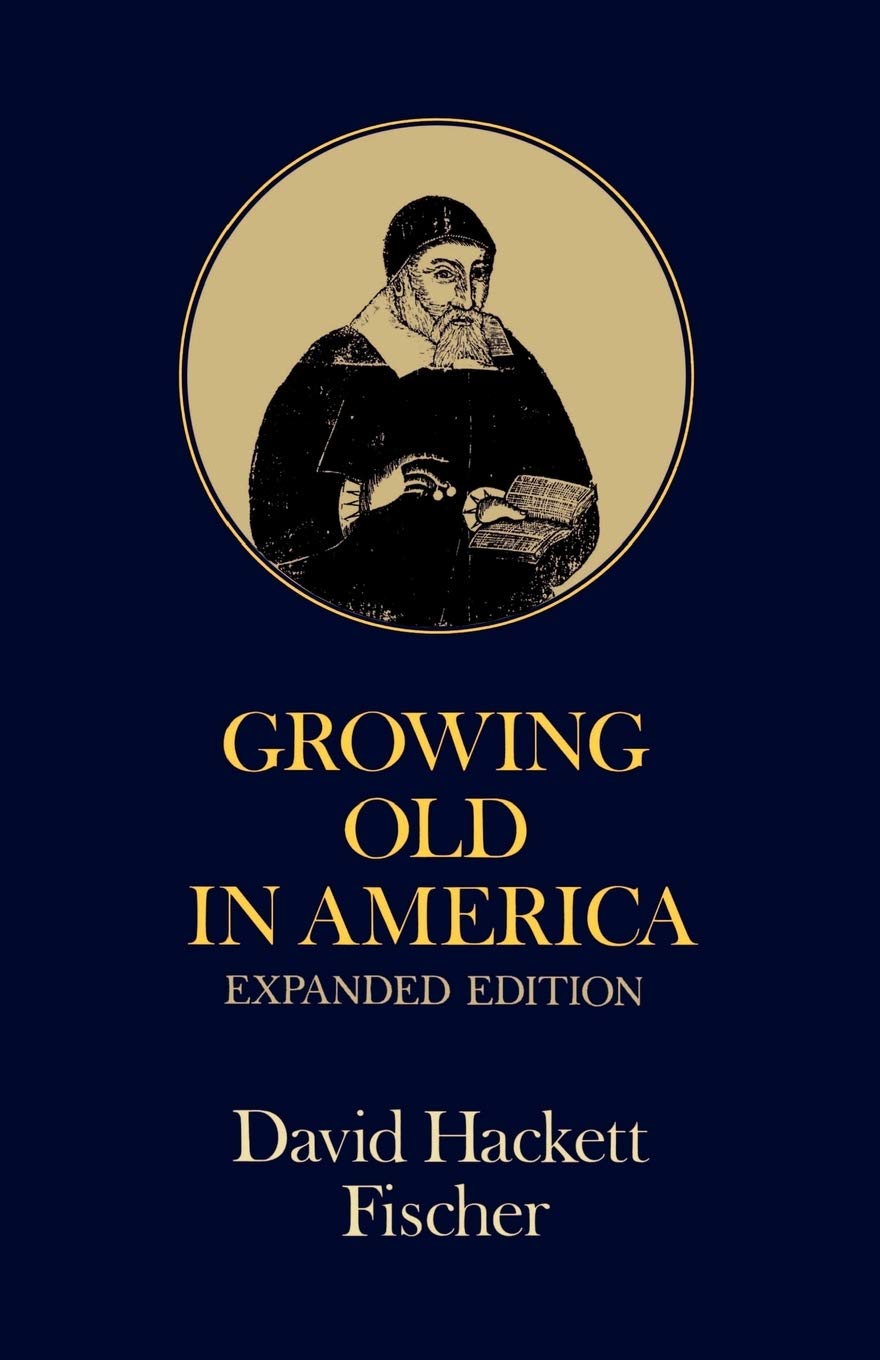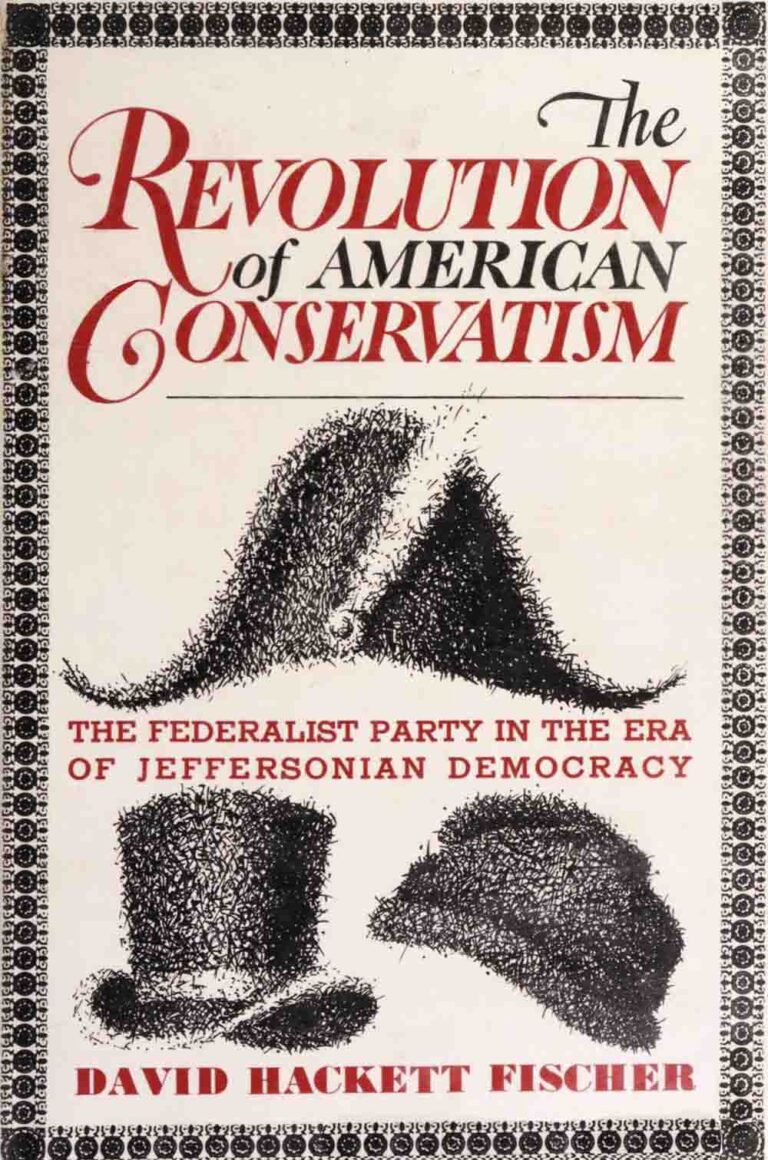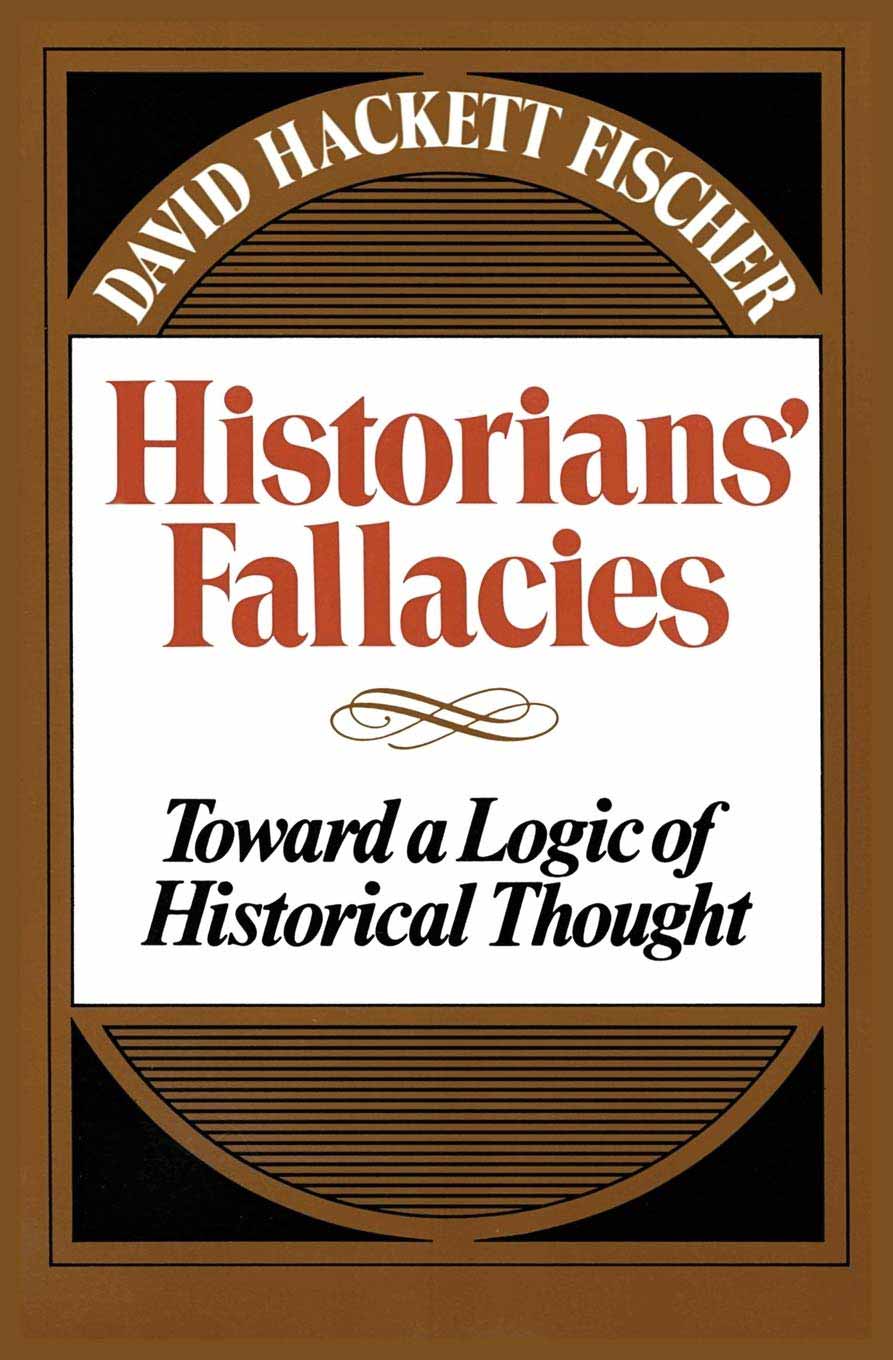David Hackett Fischer
African Founders
How Enslaved People Expanded American Ideals
2022
In African Founders, Pulitzer Prize–winning historian David Hackett Fischer reveals how enslaved Africans and their descendants significantly shaped American ideas of freedom in different regions of the early United States. Fischer explores the interactions between Africans from diverse regions and European colonists, highlighting the linguistic skills, agricultural techniques, and ethical principles Africans brought with them. Through decades of research, including studies in western Africa, Fischer illustrates the varied regional cultures that emerged, from New England to Texas. This landmark work transforms our understanding of America’s origins by uncovering the profound African influences on its early culture.
Fairness and Freedom: A History of Two Open Societies: New Zealand and the United States
2012
In Fairness and Freedom, David Hackett Fischer compares the histories of New Zealand and the United States, two democratic, pluralist societies with shared values but distinct paths. Fischer explores how America’s focus on liberty contrasts with New Zealand’s emphasis on fairness and natural justice. He examines the different impacts of their colonial foundations, interactions with indigenous peoples, and responses to social and political challenges. This book expands on Fischer’s work on liberty and freedom, offering new insights into the balance between these values and how understanding our differences can lead to greater openness and peace.
Champlain's Dream
2008
In Champlain’s Dream, acclaimed historian David Hackett Fischer brings to life Samuel de Champlain, the Father of New France. This enthralling biography covers Champlain’s multifaceted roles as soldier, spy, mariner, explorer, and artist. Fischer highlights Champlain’s vision for France’s colony, promoting intermarriage with natives and tolerance for Protestants. Born amid France’s religious wars, Champlain championed peace and humanity. His exceptional navigation skills enabled twenty-seven Atlantic crossings without loss. Illustrated with contemporary images and Champlain’s own maps, this deeply researched biography vividly portrays a remarkable leader and visionary.
Liberty and Freedom: A Visual History of America's Founding Ideas
2005
David Hackett Fischer’s Liberty and Freedom explores the evolving meanings of these fundamental American values through rich, full-color illustrations. Fischer examines liberty and freedom not just as abstract concepts but as deeply embedded folkways and beliefs. He traces their differing origins and the tension between independence and community belonging. The book covers over 400 images and symbols, from the Liberty Tree and Liberty Bells to Uncle Sam and Martin Luther King’s “dream.” This work reveals how liberty and freedom have transformed and recombined through American history, shaping the nation’s identity.
Washington's Crossing
2004
In Washington’s Crossing, David Hackett Fischer recounts the pivotal moments six months after the Declaration of Independence when the American Revolution seemed nearly lost. Facing a powerful British force, George Washington led a daring attack on Christmas night, crossing the Delaware River during a nor’easter. The surprise assault on the Hessian garrison at Trenton resulted in a significant American victory. Following this, Washington’s troops held off a counterattack and outmaneuvered the British, winning at Princeton. Fischer vividly details how these victories revived American morale and turned the tide of the war, breaking British control in New Jersey and ruining their strategy.
Bound Away: Virginia and the Westward Movement
2000
In Bound Away, David Hackett Fischer and James C. Kelly present a fresh perspective on the westward movement in American history. Unlike Frederick Jackson Turner’s focus on the frontier as a destination, Fischer and Kelly explore it from its origins in Virginia. They highlight how migration and expansion were dynamic processes that preserved cultural continuities while building new societies. Based on an exhibition at the Virginia Historical Society, the book examines three stages of migration to, within, and from Virginia over three centuries. Fischer and Kelly blend historical writings with physical artifacts and folkways, offering a comprehensive look at influential figures and ordinary people who shaped America through their westward journeys.
The Great Wave: Price Revolutions and the Rhythm of History
1996
David Hackett Fischer’s The Great Wave examines historical price records to identify four major price revolutions: the High Middle Ages, the Renaissance, the Enlightenment, and the Victorian Age. Each revolution began in stability, followed by inflation, inequality, and crises marked by social and economic upheavals. Fischer connects these economic waves to cultural and political shifts, showing how they influenced societal mindsets.
Fischer suggests we are now in the final stages of a modern price revolution, characterized by economic instability and global crises. He offers insights on potential future paths without making specific predictions, making this book essential for understanding the current state of the world.
Paul Revere's Ride
1994
David Hackett Fischer offers a fresh, detailed examination of Paul Revere’s famous midnight ride on April 18, 1775, in Paul Revere’s Ride. This book delves into the events leading up to that night, what truly happened during the ride, and its immediate aftermath. Fischer dispels the myths and patriotic embellishments, revealing a story even more remarkable. Contrary to popular belief, Revere and the other alarm-riders did not shout, “The British are coming,” since they still considered themselves British. The news of the skirmishes at Lexington and Concord quickly changed perspectives, marking a pivotal moment for leaders like George Washington and Thomas Jefferson. Fischer’s work brings Paul Revere back to the forefront of these crucial historical events.
Albion's Seed: Four British Folkways in America
1989
In Albion’s Seed, David Hackett Fischer presents the first volume of a cultural history of the United States, tracing the influence of early British settlers. This book examines how four distinct British folkways shaped American society, highlighting the lasting impact of these cultural origins. Fischer argues that while many Americans today do not have British ancestry, they have absorbed regional cultures established by British colonists. The book also explores how these regional cultures have influenced national politics, attitudes towards education, government, gender roles, and views on violence from 1789 to 1988. “Albion’s Seed” reveals the deep-rooted cultural connections that continue to shape American life.
Concord: The Social History of a New England Town 1750-1850
1984
In Concord, David Hackett Fischer presents a detailed social history of the New England town from 1750 to 1850. Fischer explores the lives of Concord’s residents, their social structures, and community dynamics during a century of significant change. The book delves into the town’s political, economic, and cultural developments, illustrating how Concord evolved through the American Revolution and into the early years of the Republic. Fischer’s meticulous research and engaging narrative bring to life the everyday experiences and transformations of this quintessential New England community.
This volume is now out of print. Please check Amazon or eBay for a used copy.
Growing Old in America
1977
In Growing Old in America, David Hackett Fischer provides a comprehensive history of aging in the United States. He examines the realities and societal attitudes towards aging across the eighteenth, nineteenth, and twentieth centuries. Fischer highlights the evolution of care for the elderly and critiques the current systems of pensions, Social Security, Medicare, and other programs. He also suggests practical improvements to address the inadequacies in supporting the aging population. This book offers a detailed analysis of how America has treated its elderly and proposes ways to enhance their well-being.
The Revolution of American Conservatism: The Federalist Party in the Era of Jeffersonian Democracy
1976
David Hackett Fischer’s The Revolution of American Conservatism delves into the transformation of the Federalist Party during the rise of Jeffersonian democracy. Fischer explores how the Federalists adapted their strategies and ideology in response to the dominant Jeffersonian principles of the early 19th century. This book provides an insightful analysis of the political and social dynamics of the era, illustrating how the Federalists’ conservative approach evolved amidst changing political landscapes. Fischer’s work sheds light on the roots of American conservatism and its development during a pivotal period in the nation’s history.
This volume is now out of print. Please check Amazon or eBay for a used copy.
Historians' Fallacies: Toward a Logic of Historical Thought
1977
In Historians’ Fallacies, David Hackett Fischer introduces the historian’s fallacy, an error where one assumes that people in the past had the same information and perspective as those analyzing the events later. Named in 1970, Fischer likens it to William James’s psychologist’s fallacy. He argues that while it’s essential to analyze past events, historians must remember that their subjects could not foresee the future. For example, Fischer discusses the claim that the U.S. should have anticipated Japan’s attack on Pearl Harbor because of numerous warnings. This expectation overlooks the reality that the people at the time lacked our hindsight.
DavidHackettFischer.com is a participant in the Amazon Services LLC Associates Program, an affiliate advertising program where Amazon will pay us a commission for linking to products on Amazon.com and affiliated sites.
